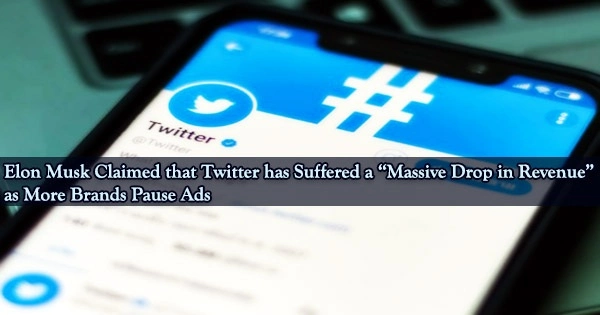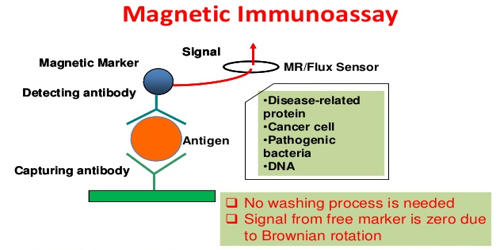Following his $44 billion acquisition, an increasing number of advertisers are ceasing their expenditure on the site, according to Elon Musk, who said Friday that Twitter has witnessed a “massive drop in revenue.”
“Twitter has had a massive drop in revenue, due to activist groups pressuring advertisers, even though nothing has changed with content moderation and we did everything we could to appease the activists,” he said in a tweet. “Extremely messed up! They’re trying to destroy free speech in America.”
The comments come as businesses, like General Mills and the Volkswagen Group, freeze their social media advertising, while civil society organizations urge on Twitter’s advertisers to stop all global expenditure due to concern over the company’s future under Musk.
“We have paused advertising on Twitter,” Kelsey Roemhildt, a spokesperson for General Mills, told CNN in a statement, making it the first company that doesn’t compete with Musk’s Tesla to confirm such a move. “As always, we will continue to monitor this new direction and evaluate our marketing spend,” the spokesperson said.
In a separate statement, Volkswagen Group, which owns Audi, Porsche and Bentley, confirmed it had recommended its brands “pause their paid activities on the platform until further notice.”
The Wall Street Journal, which was first to report the moves, also said Pfizer and Mondalez are pausing ads on Twitter. The companies did not immediately respond to a request for comment.
We have paused advertising on Twitter. As always, we will continue to monitor this new direction and evaluate our marketing spend.
Kelsey Roemhildt, a spokesperson for General Mills
The companies join General Motors, which had previously said it would pause paying for advertising on Twitter while it evaluates the platform’s “new direction.” Toyota, another Tesla competitor, previously told CNN that it is “in discussions with key stakeholders and monitoring the situation” on Twitter.
On Friday, organizations including the Anti-Defamation League, Free Press and GLAAD, upped their pressure campaign for more brands to rethink advertising on Twitter. The groups cited concerns that Musk’s staff reductions would effectively render Twitter’s election integrity policies ineffective, even though they nominally remain in operation, as a major influence on their decision-making.
Advertisers are now facing concerns about how Musk would modify the platform, which is already an also-ran in the digital ad industry despite its disproportionate political power, after months of uncertainty around Musk’s impending acquisition.
Musk, known as both an innovative entrepreneur and an erratic figure, has promised to rethink Twitter’s content moderation policies and undo permanent bans of controversial figures, including former President Donald Trump.
That creates a challenge for brands, which are sensitive to the types of content their ads run against, an issue made more complicated by social media. Most marketers bristle at the thought of having their ads run alongside toxic content such as hate speech, pornography or misinformation.
Ad buying giant Interpublic Group, which works with consumer brands such as Unilever and Coca Cola, earlier this week also recommended its clients pause advertising on the platform.
Musk has said he’s not a fan of advertising and is currently working to boost Twitter’s subscription revenue to boost its bottom line and be less dependent on ad sales, which account for 90% of Twitter’s overall revenue. But this shift won’t happen overnight, if it happens at all. Musk said he plans to launch an $8 per month subscription plan that will provide users with a verification mark, as well as several other perks, but the plans has faced sharp backlash.
In the meantime, Musk is working to stave off a possible advertiser exodus. Musk’s team spent Monday “meeting with the marketing and advertising community” in New York, according to Jason Calacanis, a member of Musk’s inner circle.
Musk also met earlier this week with a group of leaders of civil society organizations, including the ADL, Free Press and the NAACP, to address concerns about a rise in hate on the platform.
Representatives who attended the meeting told CNN they were encouraged by Musk’s willingness to talk and his initial commitments not to change the company’s content policies ahead of the midterms, but called on him to take further steps to protect the platform.
Since meeting with Musk, representatives of some of the same organizations said, Twitter’s new owner has demonstrated “erratic” behavior that has “betrayed” the commitments he made privately to the groups.
Shortly before news broke last week that his $44 billion Twitter acquisition was completed, Musk wrote an open letter attempting to reassure advertisers that he does not want the social network to become a “free-for-all hellscape.”
“Fundamentally, Twitter aspires to be the most respected advertising platform in the world that strengthens your brand and grows your enterprise,” he wrote. “Let us build something extraordinary together.”
















